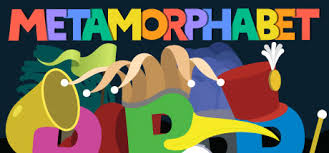Use of “Think Time” to increase Speech and Language Outcomes
Children with communication impairments may significantly benefit from the use of “wait time” to allow for time to process. Try waiting 3-5 seconds after asking your child a question, giving a direction, or wanting them to elaborate on an idea. Recent research shows that wait time decreased “I don’t know” responses from children with longer responses recorded following this wait time. Think time may also be extremely effective for children with word finding difficulties to allow time to formulate their idea and retrieve their words. Using a visual picture to represent think time can be a good reminder to both you and your child to slow down! https://blog.asha.org/2019/05/22/3-steps-for-using-wait-time-to-improve-treatment- outcomes/




